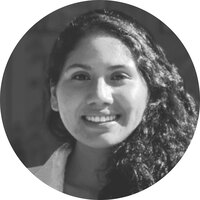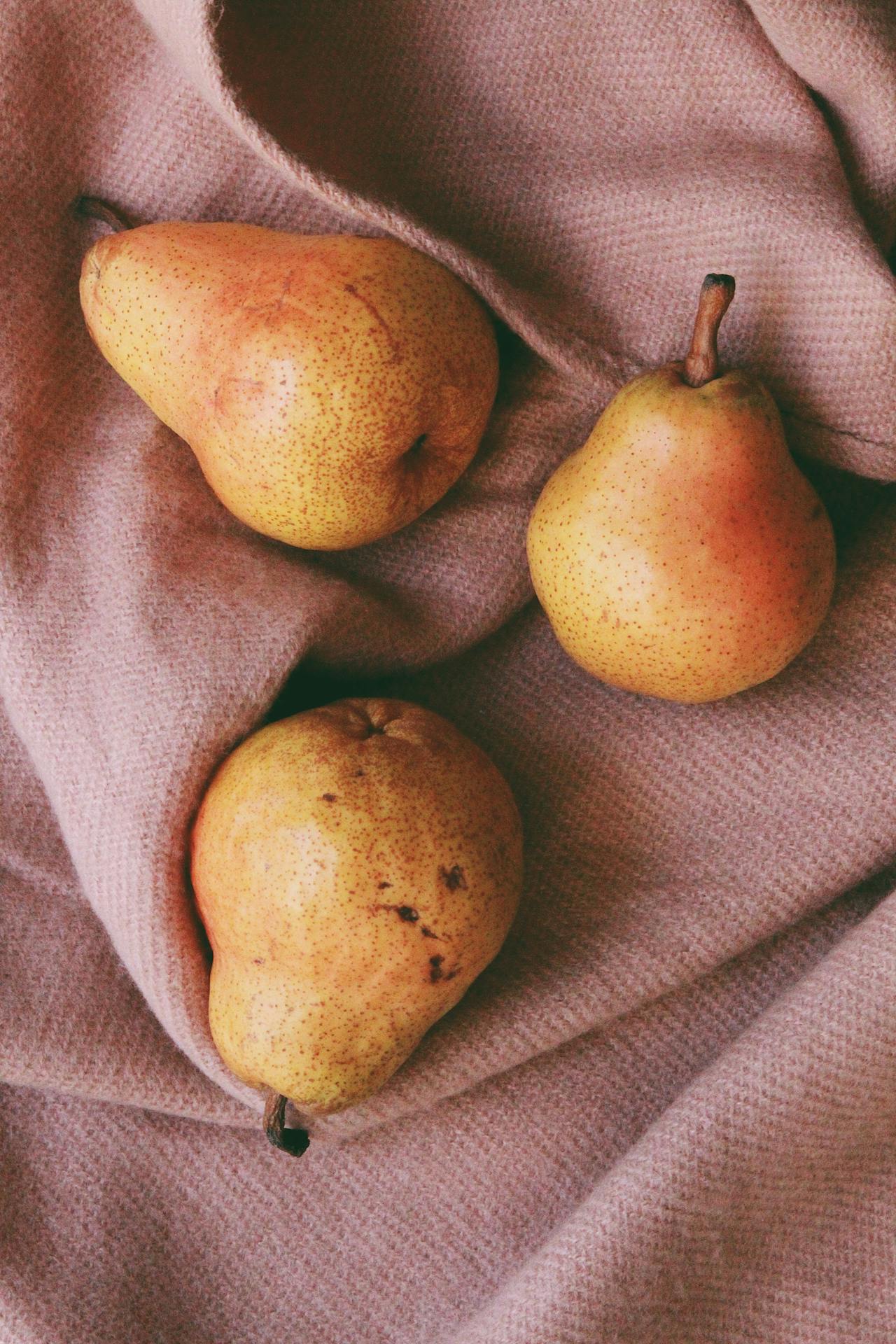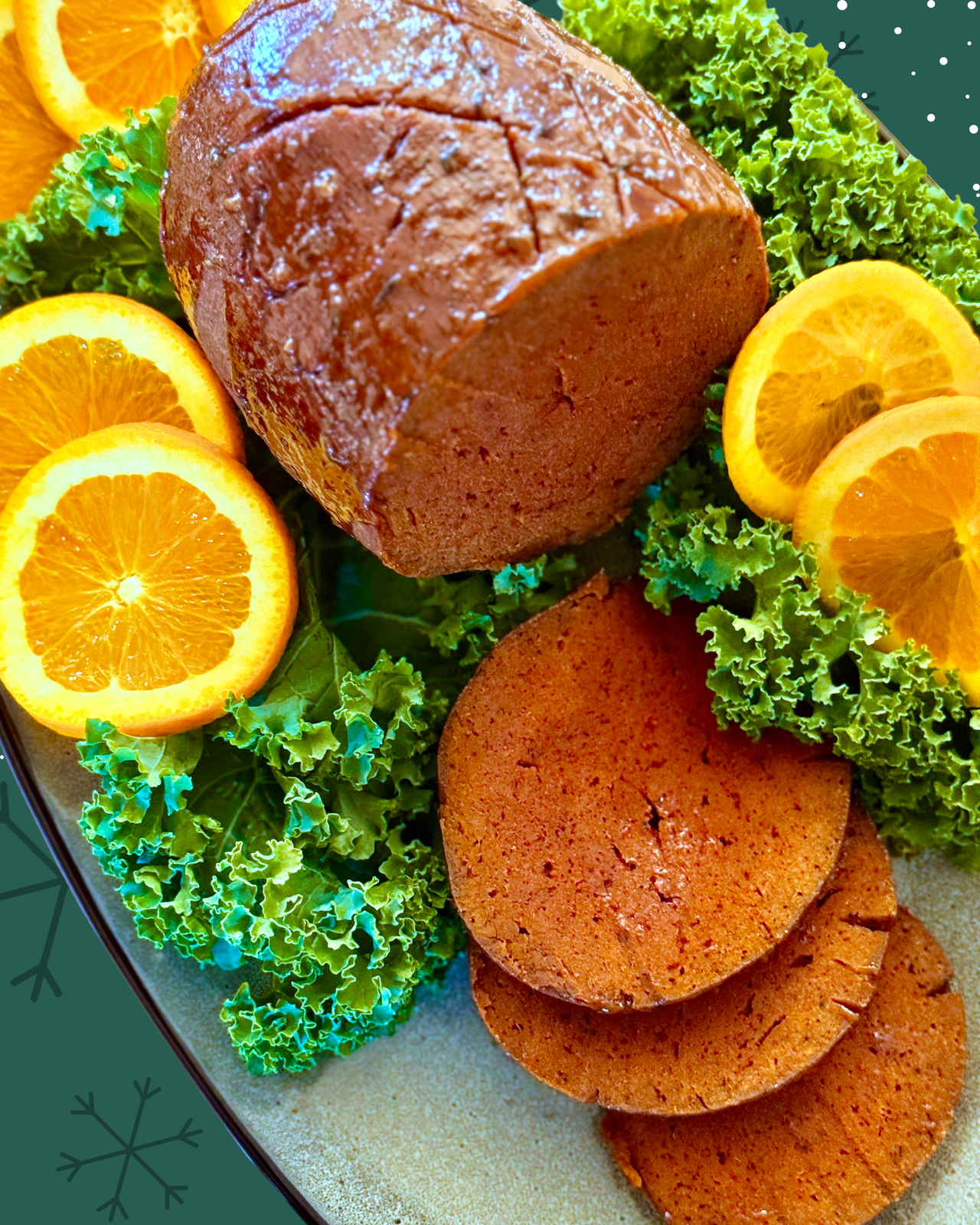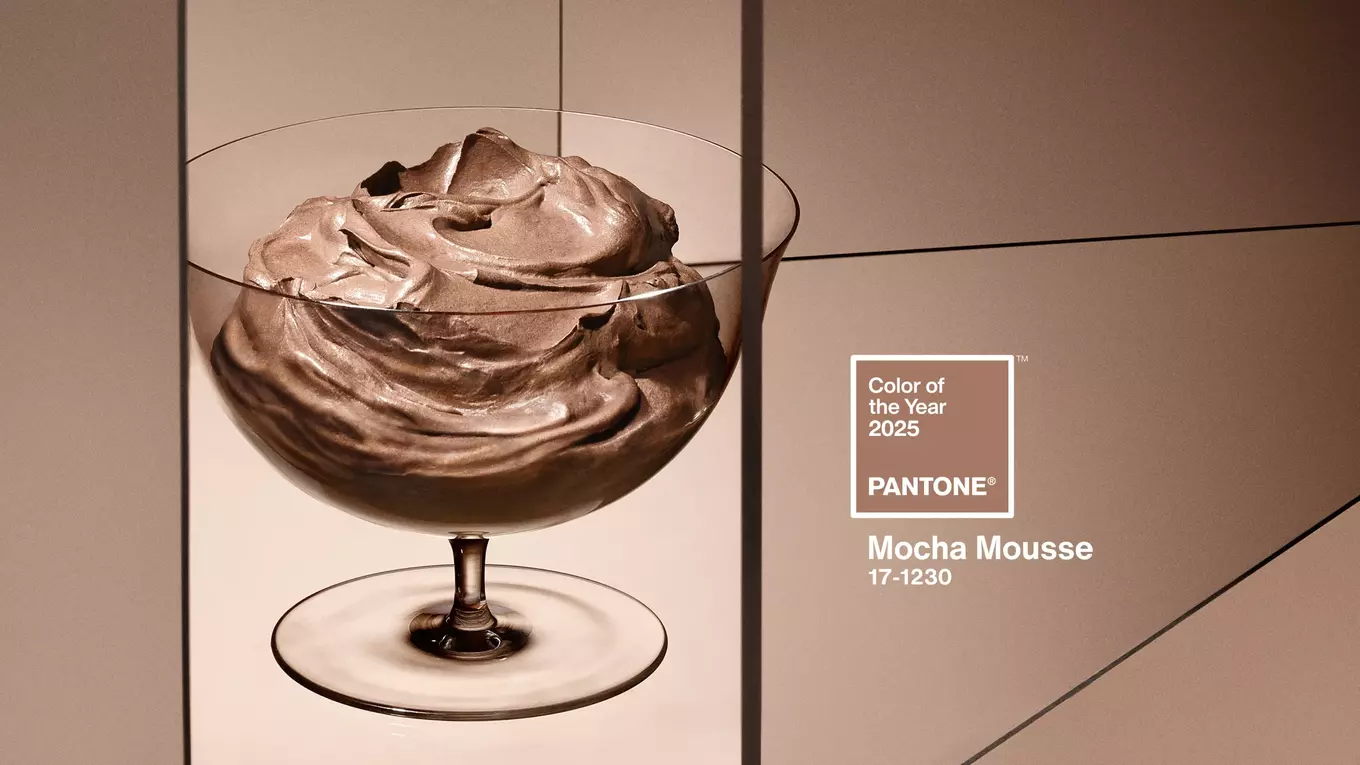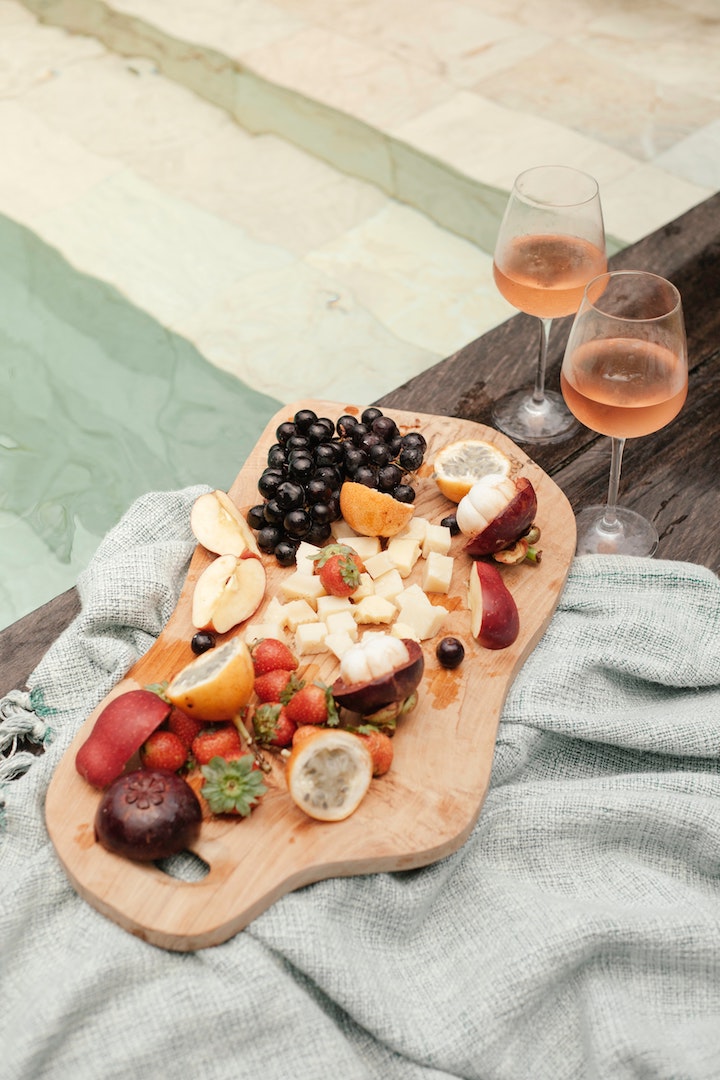Thuy Pham knows it better than most: life can change in the blink of an eye. First, it was the pandemic, bringing life to a grinding halt and forcing the former hairstylist, like so many others, into unemployment and a scramble for a new normal. But then, life changed again.
Having recently become vegan, Pham was determined to use her newfound free time to master vegan versions of the foods she ate growing up—namely thịt heo quay, or crispy pork belly. She perfected her recipe, and at the suggestion of her daughter, the duo prepared the dish on Instagram Live where it took off like wildfire.
Almost immediately, Pham’s inbox was flooded with orders. So she seized the opportunity and launched Mama Ðút—a fully vegan eatery in Portland, OR celebrating home-cooked flavors of Vietnam. It was such a local hit that soon enough, Netflix came knocking. And in 2022, Mama Ðút became the first vegan business to be featured on Street Food: USA, where, once more, Pham captivated viewers, this time with her story of fleeing Vietnam as a baby, growing up as an immigrant in America, and feeding her community. Fast-forward a year later, and Thuy Pham—and the media blitz she sparked—have yet to slow down … until now.
Analy Photo
Just two weeks before VegNews readers voted her Best Vegan Chef in America in the VegNews Restaurant Awards, Pham made the shocking announcement that she’d be closing Mama Ðút at the height of its success. Faithful fans flocked to the restaurant, and during the last week of service, Pham sold out every day. VegNews had a chance to catch up with the chef about her meteoric rise to vegan fame, why she’s chosen to end it now, and the path she’s creating for herself and future generations.
JOCELYN MARTINEZ: We’re talking one day after Mama Ðút’s last service. How are you doing?
THUY PHAM: I’m doing great, actually. It feels like a big weight has been lifted. I’m very excited. I feel free to start some other projects. I’m also feeling a bit reflective. A lot has happened in three years, and I definitely would never have predicted any of it.
JM: What do you think it was that was weighing you down with Mama Ðút?
TP: A lot of the responsibilities and pressures of running a restaurant. I always felt like I never met any of the expectations that came with running a restaurant. I felt like I was falling short in every aspect of my life because I didn’t have the bandwidth to hold all of those responsibilities. I’m either failing as a mom, or I’m not making it as a daughter. By letting go of the restaurant, it’s freed up bandwidth in my life to now be a great mom, a great daughter, a great community member, and really be able to show up fully, in the ways that I want, to the people in my life.
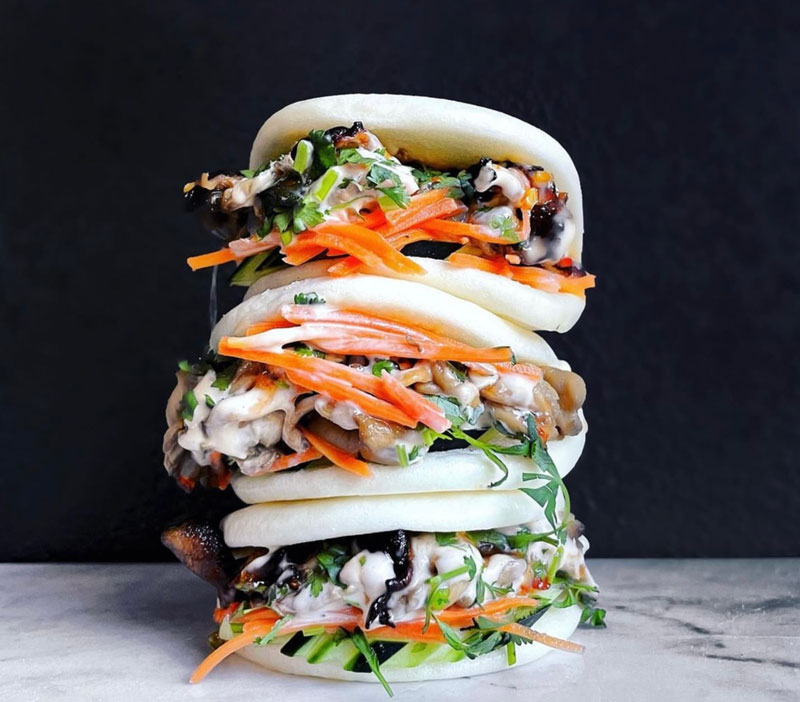 Mama Ðút
Mama Ðút
JM: As an outsider looking in, Mama Ðút’s closing felt a little abrupt. In talking to you now, it seems like maybe there’s more to it. Was closing something you’ve been thinking about for a while? What was it that finally made you say, “I have to pull the trigger, I have to end this”?
TP: I’d been thinking seriously about closing for quite a while—for about two years. Shortly after I filmed my episode of [Netflix’s] Street Food: USA, I was just feeling so much pressure. Running a restaurant wasn’t anything that I expected it to be, and I wanted to get out. A big reason why I didn’t was I had just filmed this episode. People were going to watch it and then go look for me, and I wasn’t going to be there. How could I let people down? I had to see this through.
That’s always in the back of my head: I have to see this through. I can’t be a quitter. I don’t quit because things are hard. But what I realized is, I wanted to quit not because it was hard, but because it wasn’t work that inspired me.
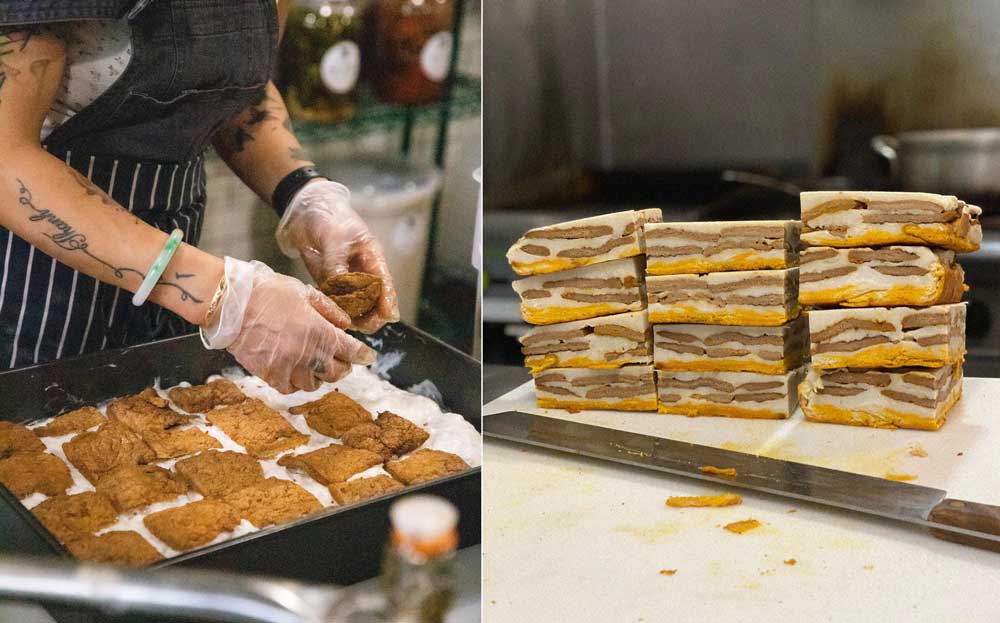 Mama Đút
Mama Đút
JM: Is that because you were cooking the same dishes day in and day out?
TP: I think it was a combination of things that led me to feel uninspired. Less so the food that I was cooking, but more so that I wasn’t cooking—I was running a business. I wasn’t in the kitchen actually cooking with my team; I was trying to run the restaurant.
There’s a big difference between operating a restaurant versus creating recipes, creating food, and telling stories behind food. I felt like the bigger Mama Ðút got as a restaurant, the less and less time I had to do the things that really inspired me, like spending time cooking in the kitchen with my mom and understanding stories around the recipes, understanding the ingredients, and then sharing that. It’s almost like the bigger I got, the less authentic I was to myself and what made me happy. But there was this other part of me that didn’t want to let people down.
I am this representation now, whether I like it or not, especially in the vegan industry. And so I did it, and I took it as far as I could. I’m so grateful for how much people love my food. I don’t think people truly understand how healing it has been, but we got to the point where my lease was ending and my buildout kept seeing a lot of setbacks. I realized that this work doesn’t make me happy. I want to create food. I want to share food, but not in this way.
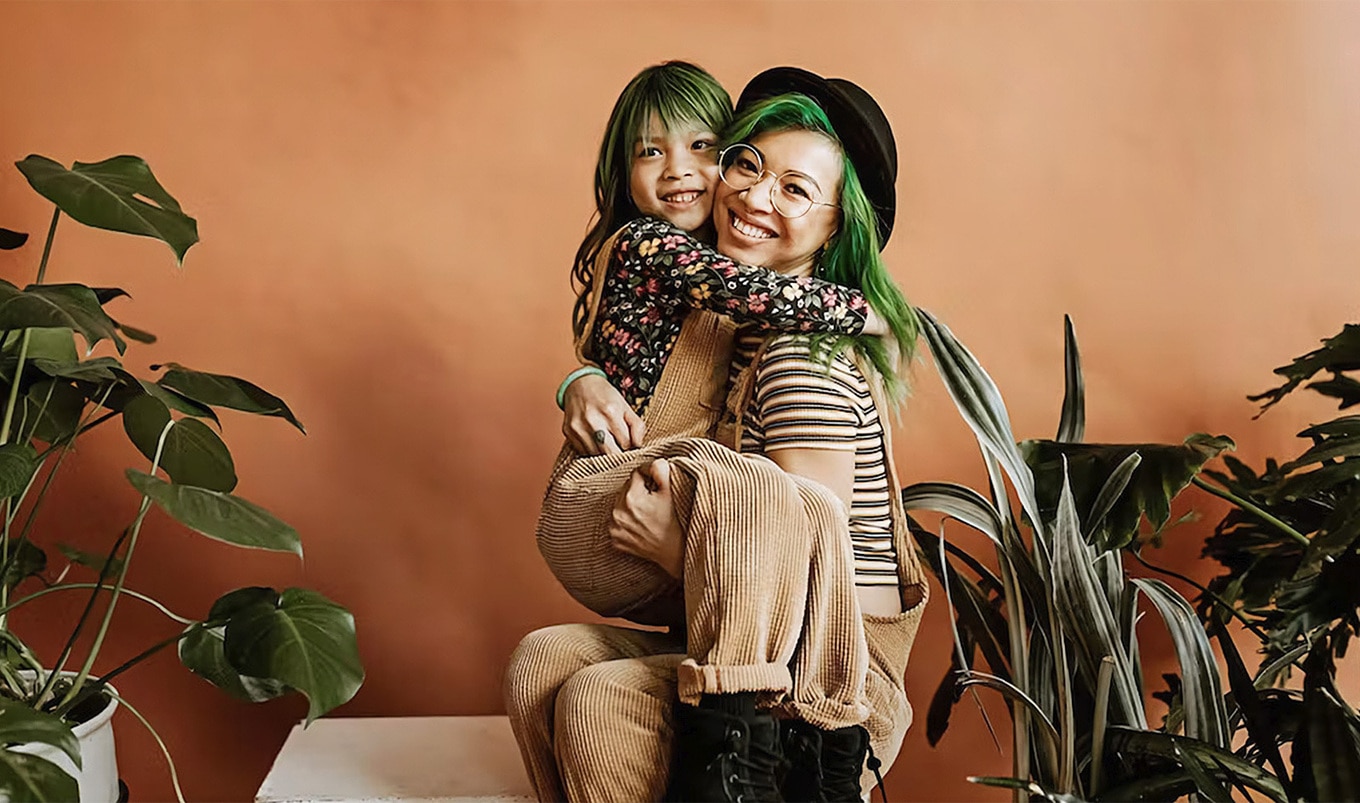 Thuy Pham
Thuy Pham
JM: If you could go back to 2020 and give yourself advice, what would you say?
TP: Be kind to yourself. The hardest part about the last three years is that the more successful Mama Ðút became, the less and less gracious and kind I was to myself—the more I questioned everything I did and every step I made.
I started Mama Ðút with an Instagram Live and $500 in my pocket, and it was just going to be this fun hobby. I never had aspirations to be a restaurateur or a voice for veganism. I just wanted to create fun food. I think I allowed it to stray so far away from what I really wanted, because all these opportunities kept coming at me. I was living in that immigrant [mindset of ] you have to work. If the work is there, you have to take the work. Many of us don’t have the luxury to take a step back and ask, does this work make me happy? I’m 43 years old, and it’s only now that I’m allowing myself to ask those questions and allowing myself to let go of things that don’t make me happy. I think allowing myself to do that is teaching, hopefully, the next generation that you are allowed to choose what makes you happy.
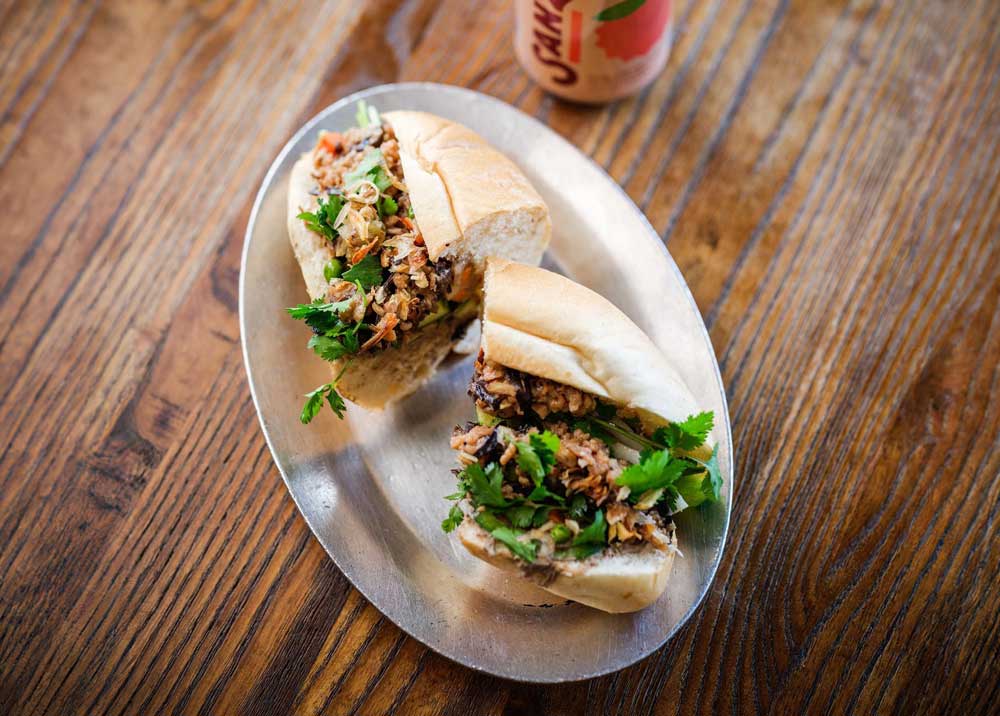 Mama Ðút
Mama Ðút
JM: In the past, you’ve spoken about growing up and eating Vietnamese food at school. Could you share more about the relationship you had with your cultural cuisine as a kid?
TP: It was a very love/hate relationship filled with shame. I loved Vietnamese food, it fed me, it nourished me. I thought it was delicious when I was at home, but it’s almost like anytime you go outside, you put on a coat. I put on a coat to hide all of the Vietnamese inside of me. I donned my American flag and I put on my American voice, my American words, and put away my Vietnamese meals. Because it was always, “What smells? What’s that weird smell?” And you’re sitting there like, “Oh my god. Don’t point me out. Then to also be a refugee who had to take ESL classes—English as a Second Language for those who don’t know—I felt like every part of my life when I was outside was like, oh, there’s that girl who’s different.
I remember never inviting friends over because my mom would always be cooking dishes that had fish sauce. I would vacuum, and I would ask my mom to get [carpet cleaner] so I could try to make our house smell better. Bless my mom.
Bless my mom. I think she silenced herself and dimmed her identity quite a bit so that we could feel more American as kids. At one point, she allowed us to get school lunches, and she would bring us McDonald’s instead of sticky rice. I think back on it now, and it was such a big act of love.
As an adult, doing Mama Ðút—especially now that I’m feeling healed from it—I think the biggest thank you and act of gratitude that I can show my mom is to embrace myself. With every conversation around our food and culture, I hope that it’s pouring back into my mom and that I’m filling the cup that she used to pour into us for so long.
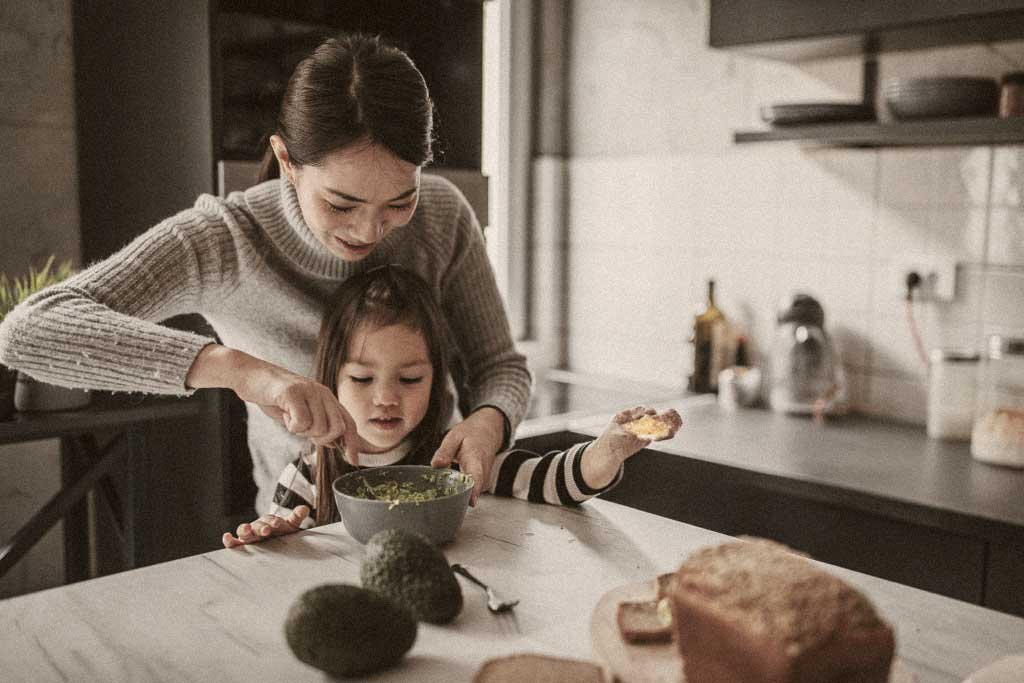 Getty
Getty
JM: You used to cook a lot with your mom growing up. Can you tell us a little bit about what that was like, and how that’s influenced you as an adult?
TP: Growing up, cooking with my mom didn’t feel like a privilege. It was definitely a chore. I was the oldest. My mom was a single mom, and so it was my responsibility to come home from school, make a pot of rice, and wash veggies. I’d make sure that the sink was clean so that my mom could just come home and cook.
It never dawned on me that these were teaching moments—it was what we had to do to survive. I think back on those moments, down to the way I would wash and pick herbs, and it’s stuff that I still hold on to now. What I didn’t realize then was that my mom wasn’t giving me a chore; she was giving me the gift of being able to stand as a full human being. And this is not just a gift from my mom, it’s a gift from my grandmother, from my grandfather, and everybody else who came before them, who taught them.
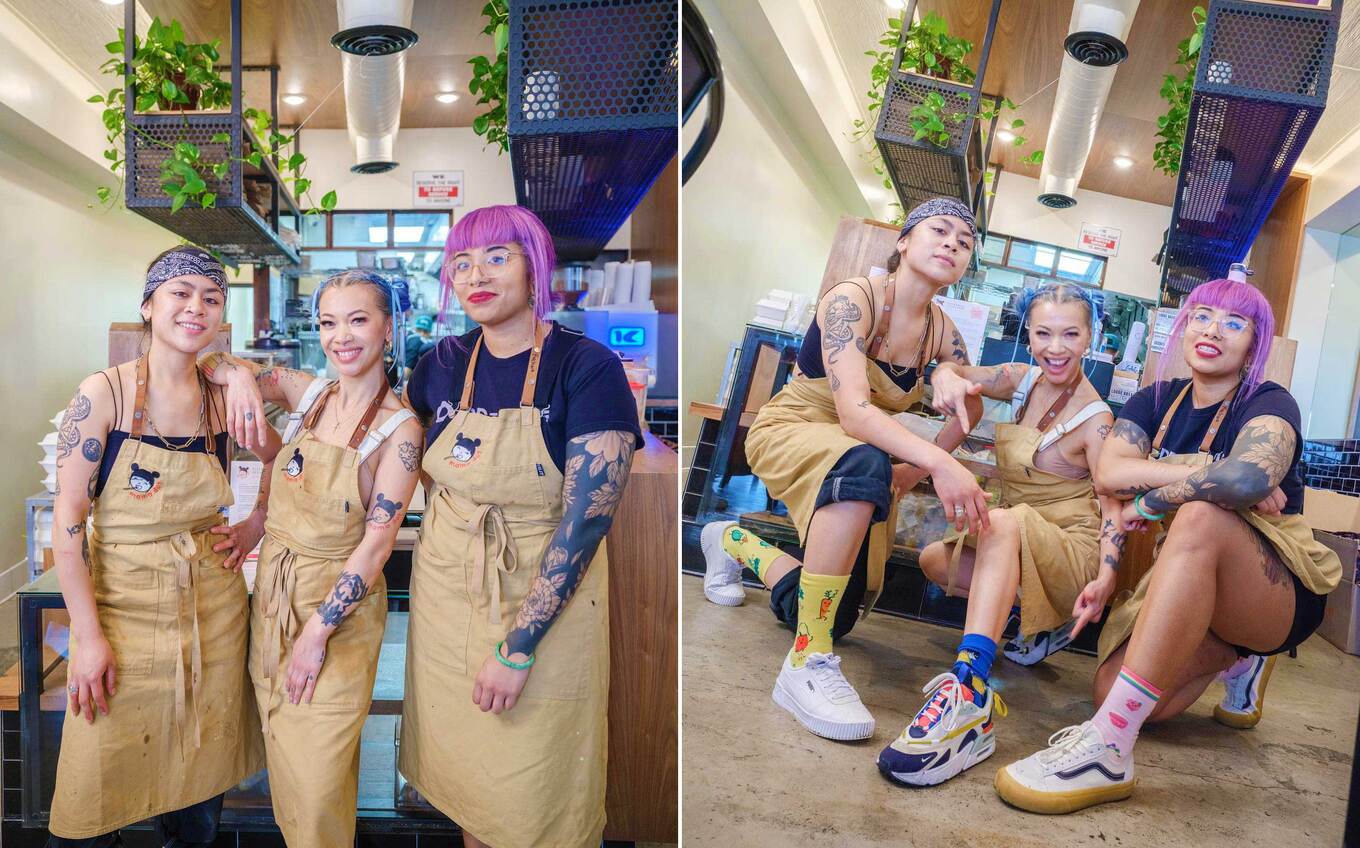 Mama Ðút
Mama Ðút
JM: Food can often be a tool for activism, and you are an activist through and through—for both animals and humans. Online, we’ve seen you speak up about BLM, Stop Asian Hate, and freedom for Palestine, and you also encourage people to stand up for themselves in the face of injustice. Where does your activist spirit stem from?
TP: My Vietnamese roots. My family grew up escaping a war-torn country. I grew up seeing aunties and uncles coming to family dinners and gatherings with missing fingers and missing limbs, hearing about horrible acts.
My paternal grandparents, after we escaped, were sent to a concentration camp. The US presence really ravaged our country, and I experienced that firsthand. I say this often: I was too young to remember, but my heart will never forget the pain of my people who have to get into fishing boats in the middle of the night and set sail into a dark sea. I’ll never forget the pain that I see in my family and my aunts and uncles when they talk about leaving their land.
How could I not speak up? How could I not advocate? The fear of not speaking up keeps me awake more than the fear of what could happen if I do speak out.
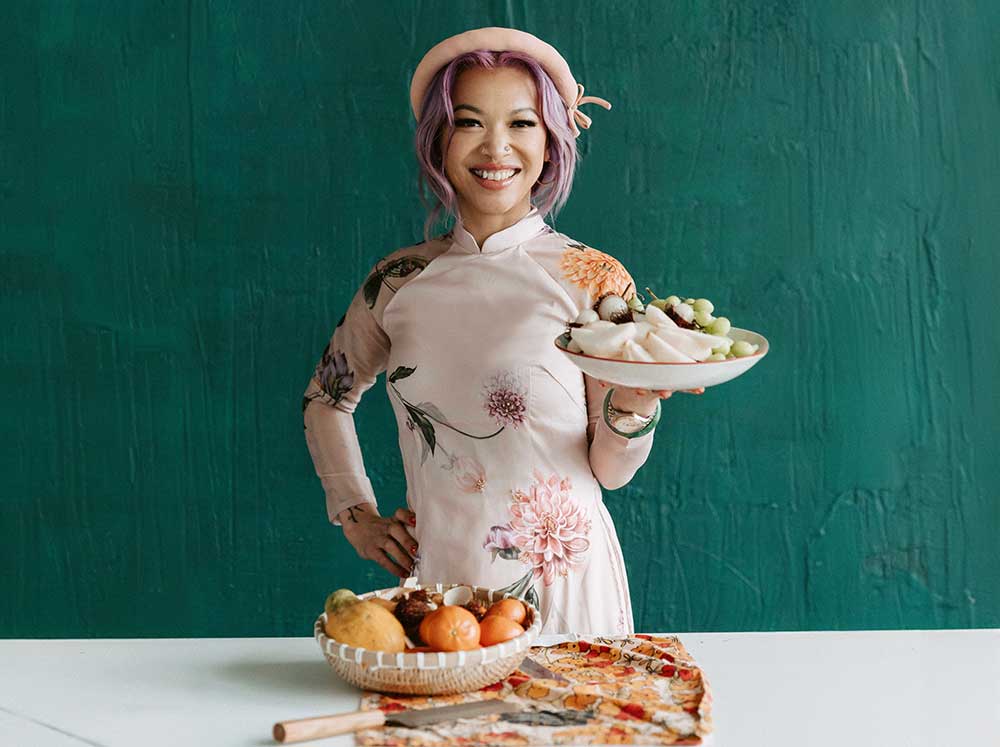 Analy Photo
Analy Photo
JM: Now that you’ve turned the page on Mama Ðút, what’s next for you?
TP: I’m writing a cookbook. I’ve come to learn that people like my stories around food. I’m incredibly excited to bring this book to life.
I want my food to be accessible, because good food belongs to everybody. I felt like a cookbook was my way of sharing that with folks, and showing that you, too, are capable of making good food. You, too, are capable of cooking like a chef, because I started cooking just the way you did.
I don’t want people to think they have to have Le Cordon Bleu culinary training to cook good food. We’re all capable of it, and we all deserve to have that skill. I find fulfillment in empowering people—that’s part of my love language. I felt like I wasn’t empowering people when I was running Mama Ðút anymore. It was on a very small scale, and I just want to scream to the world: y’all can do this! I learned the pork belly recipe on YouTube; I literally just watched videos and tested it out.
If I can do this, y’all can do this, too. Knowing how to cook good food is a life skill that can improve not just what we eat, but our health, and in turn, our lifestyles. That, to me, just feels so much more fulfilling than running a restaurant.

